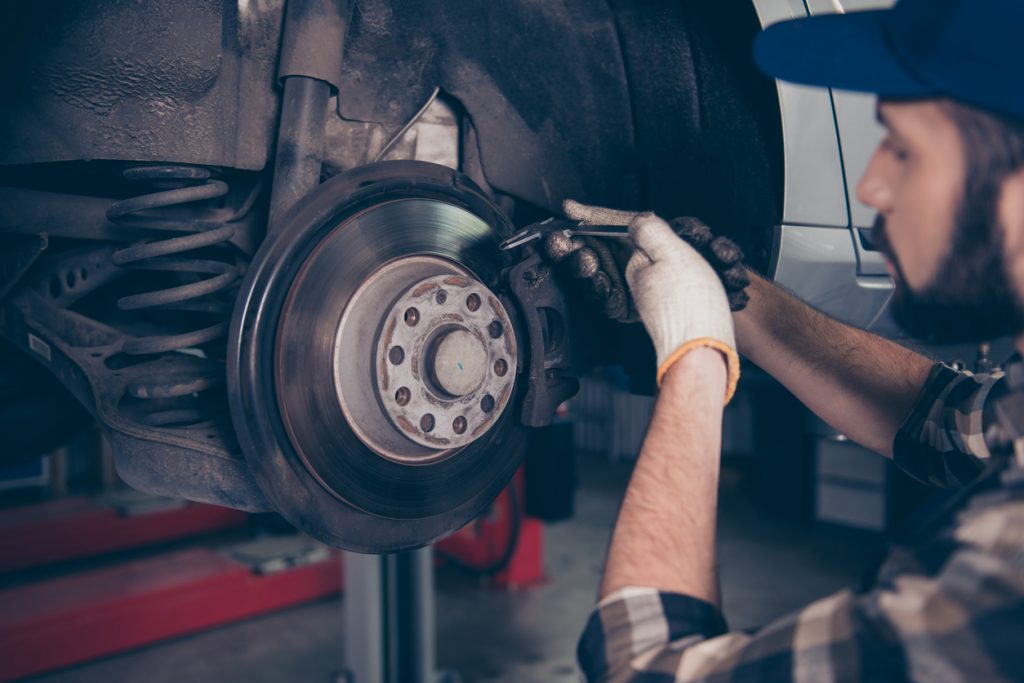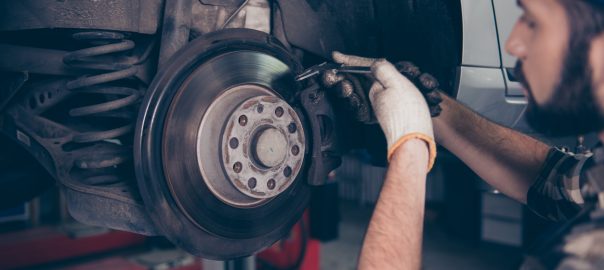Despite COVID-19 cases still rising, the Commercial Vehicle Safety Alliance has announced that this week Brake Safety Week 2020 will continue.

According to the Delaware State Police CVSA President Sgt. John Samis “Safety is always our top priority, and it’s our mission to ensure the vehicles on our roadways have met all safety standards and regulations. This is especially important as we rally behind truck drivers as they transport essential goods during this public health crisis. We need to do everything we can to ensure that the vehicles truck drivers are driving as safe as possible.”
The Brake Safety Week has begun starting August 23rd and will continue until August 29th. Also, along with this week being brake safety week, the whole month of August is Brake Safety Awareness Month.
How to Prepare for Brake Safety Week
With the inspections and enforcements set, law officers are reaching out to bring forth awareness. These inspections are to help educate drivers, motor carriers, owner-operators, and mechanics about the importance of proper brake maintenance, performance, and operation.
Below are a few tips on how to be prepared during Brake Safety Week
- Ensure you have your license, registration, authority number, and RODS ready for any type of inspection.
- Ensure you have completed all preventive maintenance.
- Examine brake shoes and drums
- Examine air systems to ensure there is no oil contamination or with other fluids
- Check to see if low air warnings are working
- Check for weak air signals and leaks
- Do a complete walk-around of your truck to check for other leaks and loose hoses
- Examine the brakes for friction along with any cracks, thickness, and any visible wear and tear
Tubing and hoses can cause the braking system not to perform correctly. Therefore, it is important to keep all tubes and hoses in good working order. Drivers should also check for the positioning, condition, and connections and their routine of pre-trip inspections.
Before hitting the road this weekend, we recommend owner-operators perform a regular 90- to 100-psi brake application and listen to any leaks. This is done to help prevent CVSA violations while out on the road.
Future Brake Inspections
Brake safety is not just important for one week or one month. Brake safety is important the entire time you are operating your truck on the roadways. Not only does it protect you, but others on the road.
Below are some other tips that you can do to help with brake safety every day:
- Do daily checks for loose or damaged air chambers, slack adjusters, and pushrods. Slack adjusters located on each axle should be able to extend out at the same angle. However, if they do not, they could be out of adjustment, or there could be a broken brake power spring.
- Do weekly checks for air disc brake rotors and examine for any wear on brake drums and cracks.
- Do monthly checks for moisture in the air system. If you find moisture, this could be because of deterioration in the brake-modulation valves, air seals, and brake chamber diaphragms. Deterioration can cause system leaks.
- Apply regular greasing to the S-cam brake tubes along with the automatic slack adjusters. By applying grease, this helps reduce the risk of rust and corrosion.
At Landstar, our middle name is “Safety.” We put forth tips to ensure our owner-operators are fully prepared for roadside inspections. We wish all our drivers and other drivers on the road safe travels and do not forget to do a pre-trip before hitting the roadways this week.


